Introduction
Shetland sheepdog, or Shelties, are intelligent, agile, and loving companions.
- Originating from the Shetland Islands, they were bred as herding dogs
- Known for their beautiful double coats and expressive eyes
- These dogs are highly trainable, making them perfect for various canine sports
- Their friendly nature makes them great family pets and loyal companions
- This guide will explore the key aspects of caring for a Shetland Sheepdog
1. History and Origin

Learn about the background and development of Shetland Sheepdogs
- Shetland Sheepdogs were bred for herding sheep on the Shetland Islands
- They originated from a mix of Border Collies and smaller, Nordic breeds
- First recognized by the Kennel Club in the early 20th century
- Their compact size was ideal for the harsh conditions of the islands
- Shelties have since gained popularity worldwide as pets and working dogs
2. Physical Characteristics
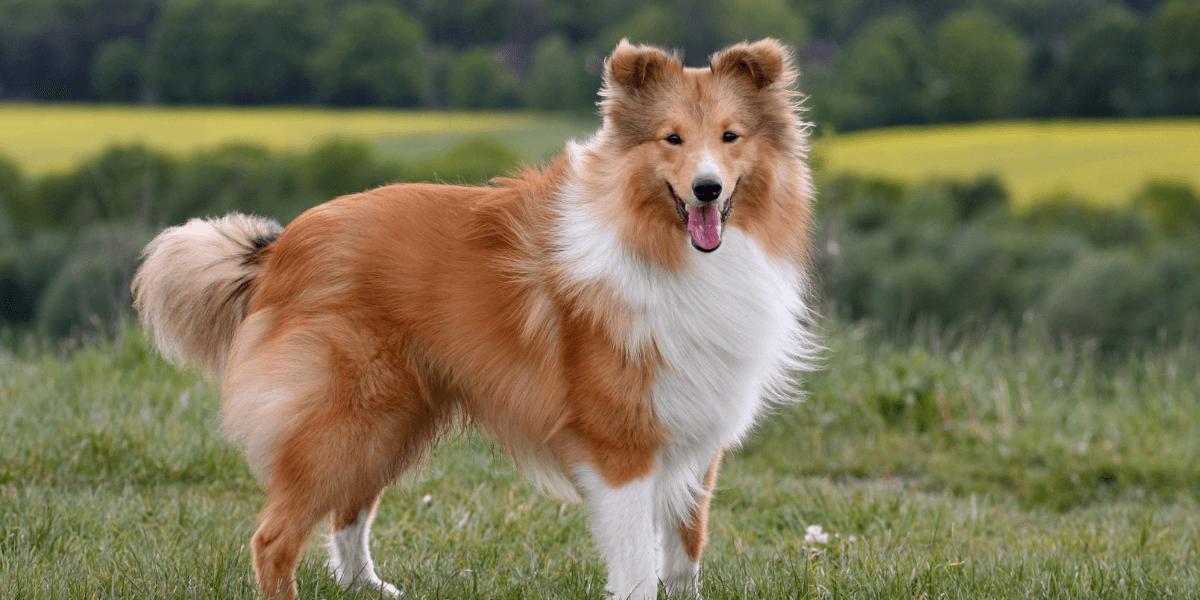
Understand the unique traits and appearance of the Sheltie breed
- Shelties are small to medium-sized dogs with a double-layer coat
- They typically weigh between 14-27 pounds and stand 13-16 inches tall
- Their eyes are almond-shaped and expressive, adding to their charm
- The breed's coat colors include sable, black, blue merle, and tricolor
- Their bushy tails are carried low and slightly curved at the tip
3. Temperament and Personality
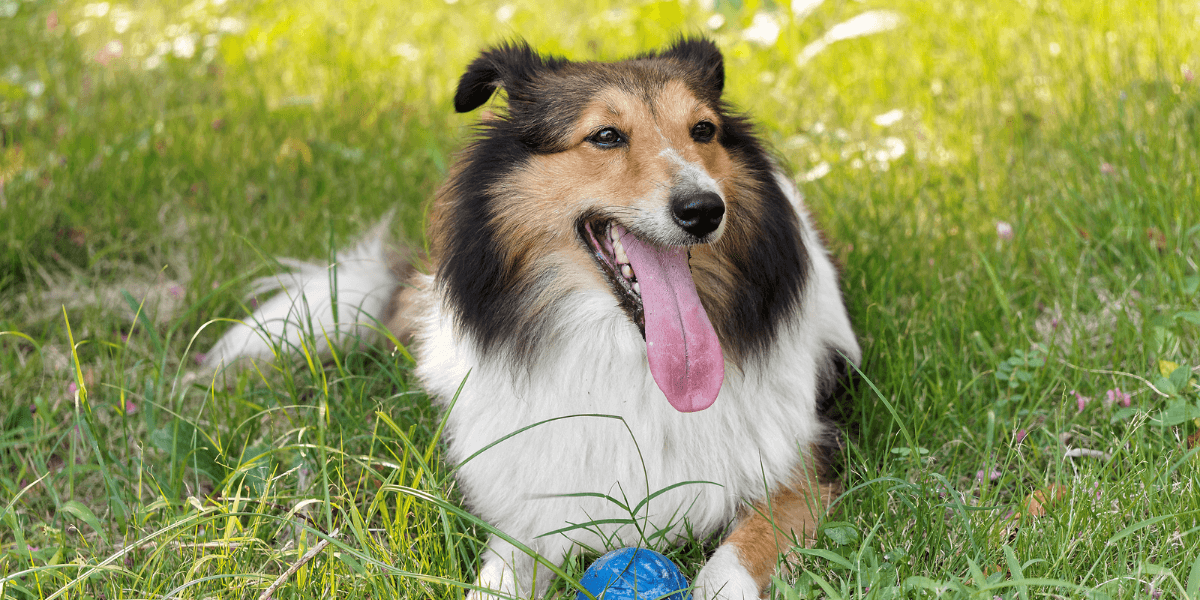
Discover the key personality traits that make Shelties unique
- Shelties are affectionate and enjoy bonding closely with their families
- They are intelligent and eager to please, which makes training easier
- The breed is known for its alertness and natural instinct to protect
- Shelties can be reserved with strangers but warm up quickly once they trust
- They thrive in active households where they receive regular mental stimulation
4. Grooming and Care
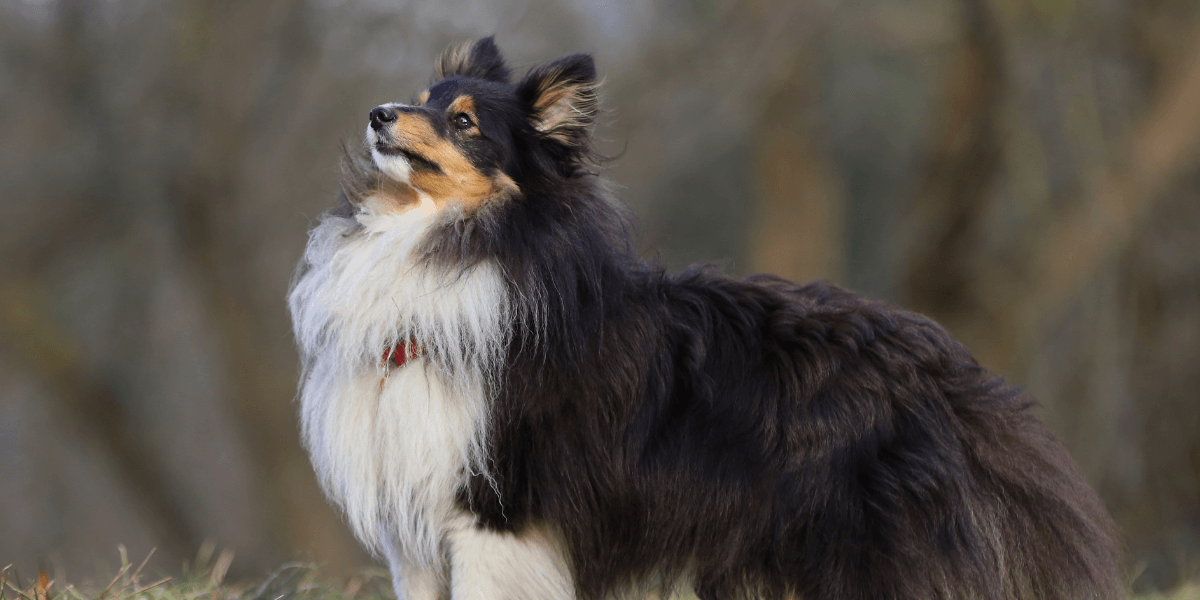
Learn how to maintain a healthy and clean coat for your Sheltie.
- Shelties require regular brushing to keep their double coat in good condition
- Weekly grooming helps prevent matting and reduces shedding
- Bathing should be done as needed, typically every 6-8 weeks
- Regular dental care, nail trimming, and ear cleaning are essential
- Keeping their coat and skin healthy reduces the risk of infections and irritation
Enhance your Sheltie's grooming routine by exploring German Shepherd grooming tips for a well-kept coat.
5. Training and Exercise
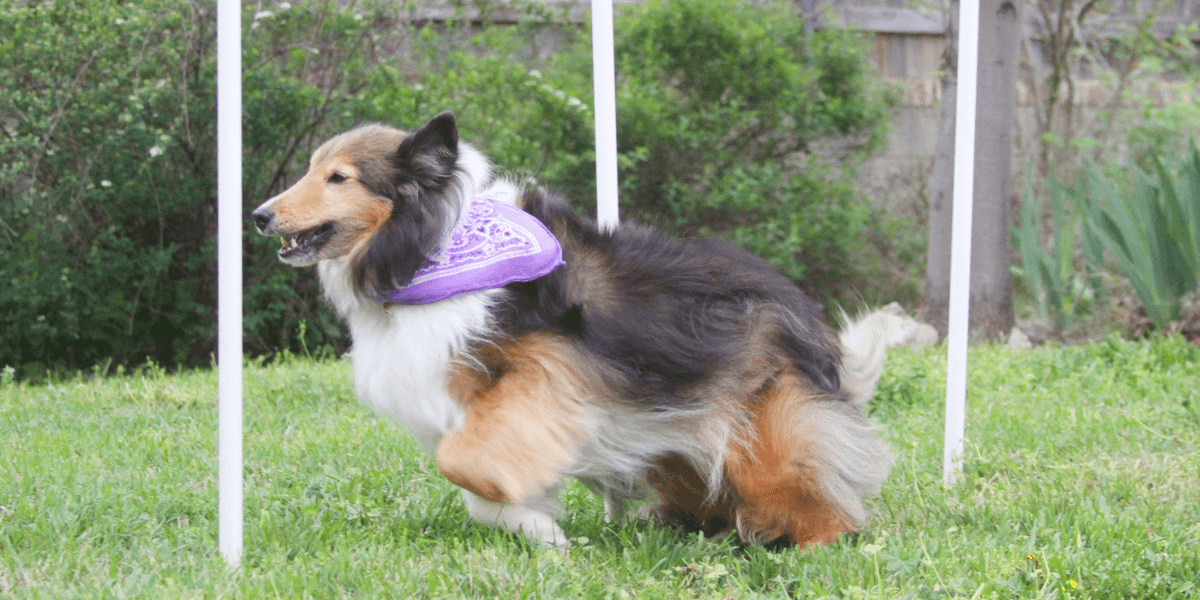
Know the best ways to train and exercise your Shetland Sheepdog.
- Shelties excel in obedience and agility training due to their intelligence
- Positive reinforcement methods work best to keep them motivated
- Regular physical activities like walks, fetch, and dog sports are vital
- Mental stimulation through puzzle toys and interactive games is recommended
- Consistent training and exercise help prevent behavioral problems
6. Common Health Issues
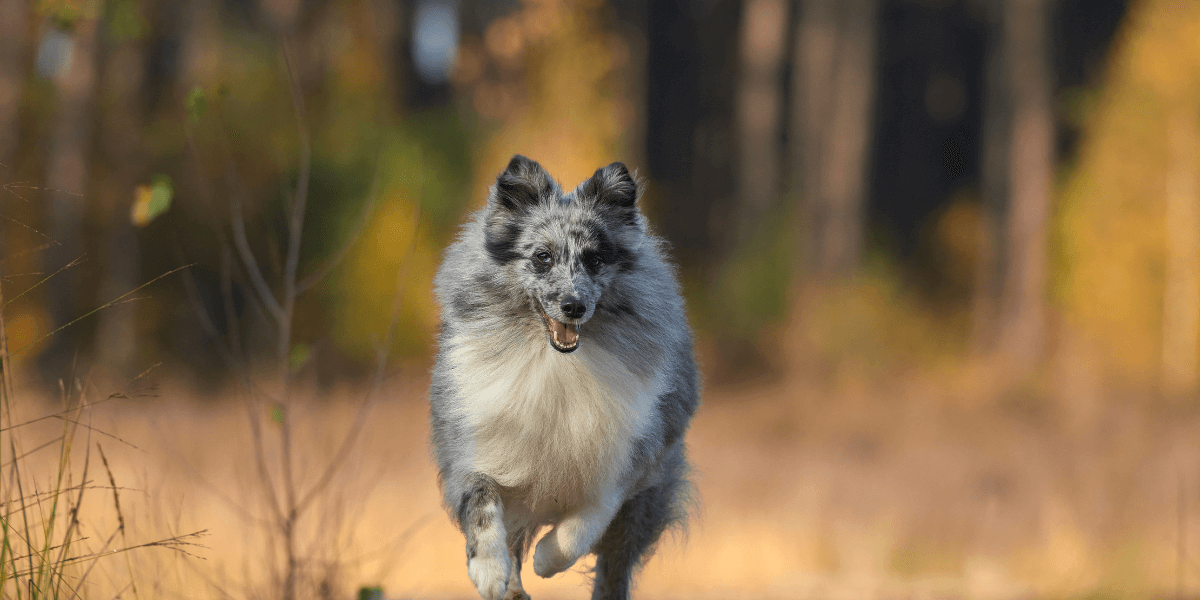
Be aware of health concerns commonly found in Shelties
- Shelties may be prone to hip dysplasia, a joint disorder affecting mobility
- Eye conditions like Collie Eye Anomaly and Progressive Retinal Atrophy are common
- Dental issues can arise without proper oral hygiene
- Epilepsy and thyroid problems can occur in some Shelties
- Regular vet check-ups and a balanced diet help maintain overall health
Learn from Great Dane hip dysplasia prevention strategies to safeguard your Sheltie's joint health.
7. Nutrition and Diet
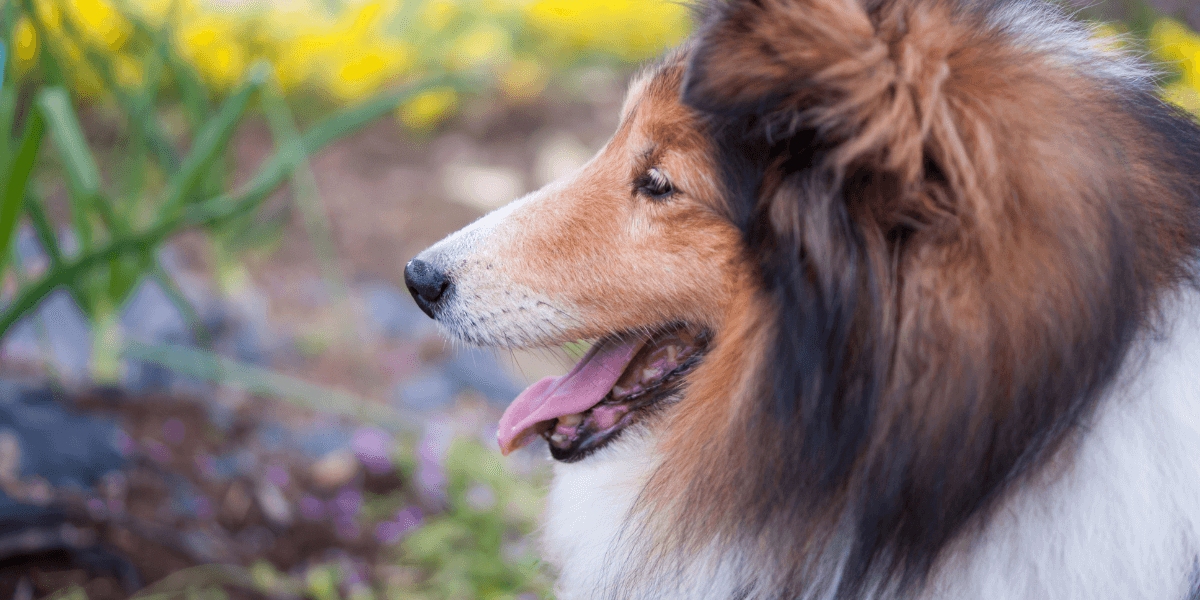
Discover the best feeding practices for a healthy Sheltie.
- Shelties need a balanced diet rich in protein, vitamins, and minerals
- High-quality kibble or fresh food options are ideal for their dietary needs
- Portion control is crucial to prevent obesity and related health issues
- Freshwater should always be available to keep them hydrated
- Supplements like fish oil and glucosamine can support joint and coat health
Discover top nutrition tips from Great Dane diets to optimize your Sheltie's health and vitality.
FAQs
1. What is the lifespan of a Shetland Sheepdog?
- Shelties typically live between 12-14 years with proper care
2. Are Shetland Sheepdogs good with children?
- Yes, they are gentle and usually great with kids when socialized early
3. How much exercise do Shelties need daily?
- They need at least 30-60 minutes of physical activity daily
4. Does Shetland Sheepdog bark a lot?
- Yes, they tend to bark often due to their alert and protective nature
5. Are Shelties hypoallergenic?
- No, they shed moderately and are not considered hypoallergenic
Conclusion
- Shetland Sheepdogs are loving, intelligent, and highly trainable companions
- They excel in obedience, and agility, and are perfect for active households
- Proper grooming, nutrition, and regular vet check-ups are essential
- With good care, Shelties can live a long, healthy, and happy life
- Ready to bring home a Sheltie? Start by finding a reputable breeder or rescue
- Explore the joy of having a Shetland Sheepdog as a loyal family member



